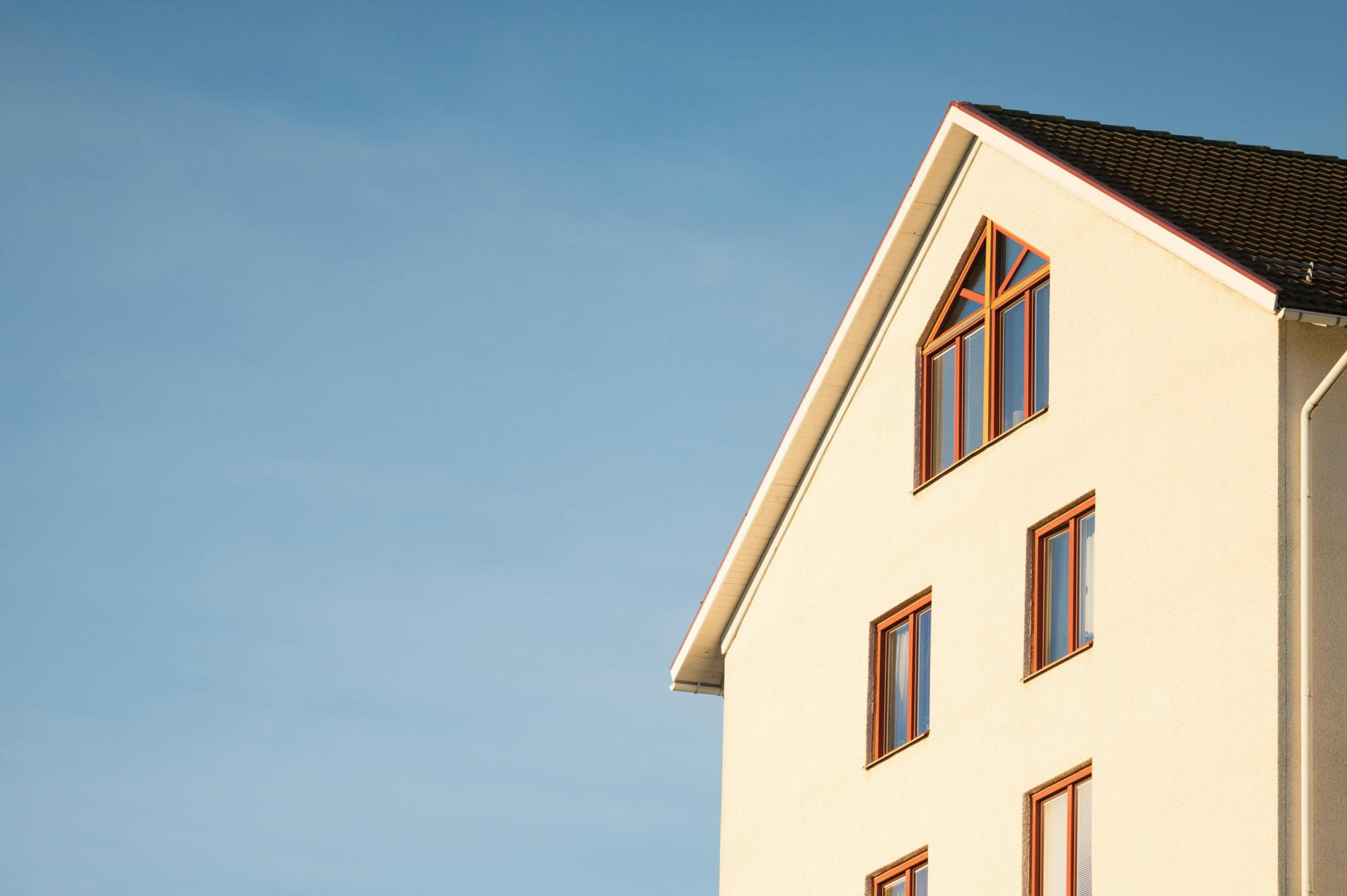The Dutch housing market continues to evolve, and for expats, buying or selling property comes with its own set of challenges and opportunities. As an agency specialized in supporting internationals, we closely monitor changes that impact expat buyers and sellers. Here’s an overview of the key trends shaping the market in 2025.
1. Slight cooling in house prices — but competition remains
After years of sharp price increases, the housing market in the Netherlands has started to stabilize. In many cities, prices have plateaued or dropped slightly, particularly in non-central locations. However, demand in popular urban areas like Amsterdam, Utrecht, and The Hague remains strong, especially for properties in move-in-ready condition.
What this means for expats:
You may face less overbidding pressure than before, but well-located homes still sell quickly. Preparation and speed remain key.
2. Remote work continues to influence location choices
Many expats no longer need to live close to their office full-time. As a result, we’re seeing a rise in interest in suburban areas and smaller cities that offer more space and better value, such as Amersfoort, Haarlem, Hilversum, or even parts of Brabant.
Tip for buyers: You may get more value outside of major hubs without sacrificing quality of life, especially with fast train connections.
3. New-build vs. existing homes: The shift in interest
With sustainability high on the agenda, new-build properties (nieuwbouw) are becoming increasingly popular among expats. These homes are energy-efficient, future-proof, and often come with modern amenities. However, delivery times and waiting lists can be long.
At the same time, buyers who prioritize immediate availability continue to prefer existing homes, often in older neighborhoods with charm and history.
4. Sustainability and energy labels matter more than ever
Dutch buyers — and especially expats — are becoming more aware of a property’s energy label. A better label (A or B) can mean lower utility costs and better financing terms, including discounts on mortgage interest.
What to look for:
Heat pumps, solar panels, insulation
Energy label A or B
Double or triple glazing
For sellers, investing in energy upgrades can significantly increase your home’s appeal and value.
5. More expats are choosing to buy sooner
In the past, many expats would rent for years before considering homeownership. But due to rising rents, long-term job contracts, and more favorable mortgage conditions, first-time expat buyers are entering the market earlier.
Key reasons:
Monthly mortgage payments are often lower than rent
Housing scarcity makes securing a good rental difficult
The Dutch mortgage system is relatively accessible for internationals
6. Transfer tax changes for starters
The remains in effect in 2025 for homes up to €510,000, a policy that has benefited many younger expats.
If you qualify, you pay 0% transfer tax instead of 2%, which can save you thousands of euros. However, the rules can be strict, and you must declare this at the notary in advance.
7. Expats need clearer guidance than ever
With more expats entering the market earlier and with fewer Dutch-language skills, the need for clear, personal, and English-speaking guidance continues to grow.
From understanding mortgage documents to navigating legal paperwork and bidding strategies, many buyers seek local experts who know both the Dutch system and expat expectations.
Final thoughts
The Dutch real estate market is shifting, and expats are playing a growing role in it. Whether you’re looking to buy your first home, relocate within the Netherlands, or sell your property before moving abroad, it’s important to stay informed and supported.


